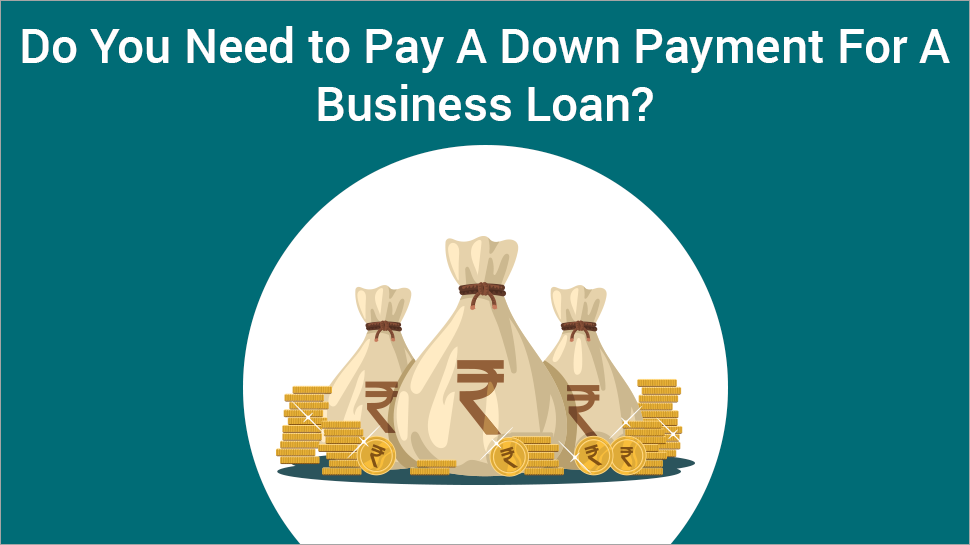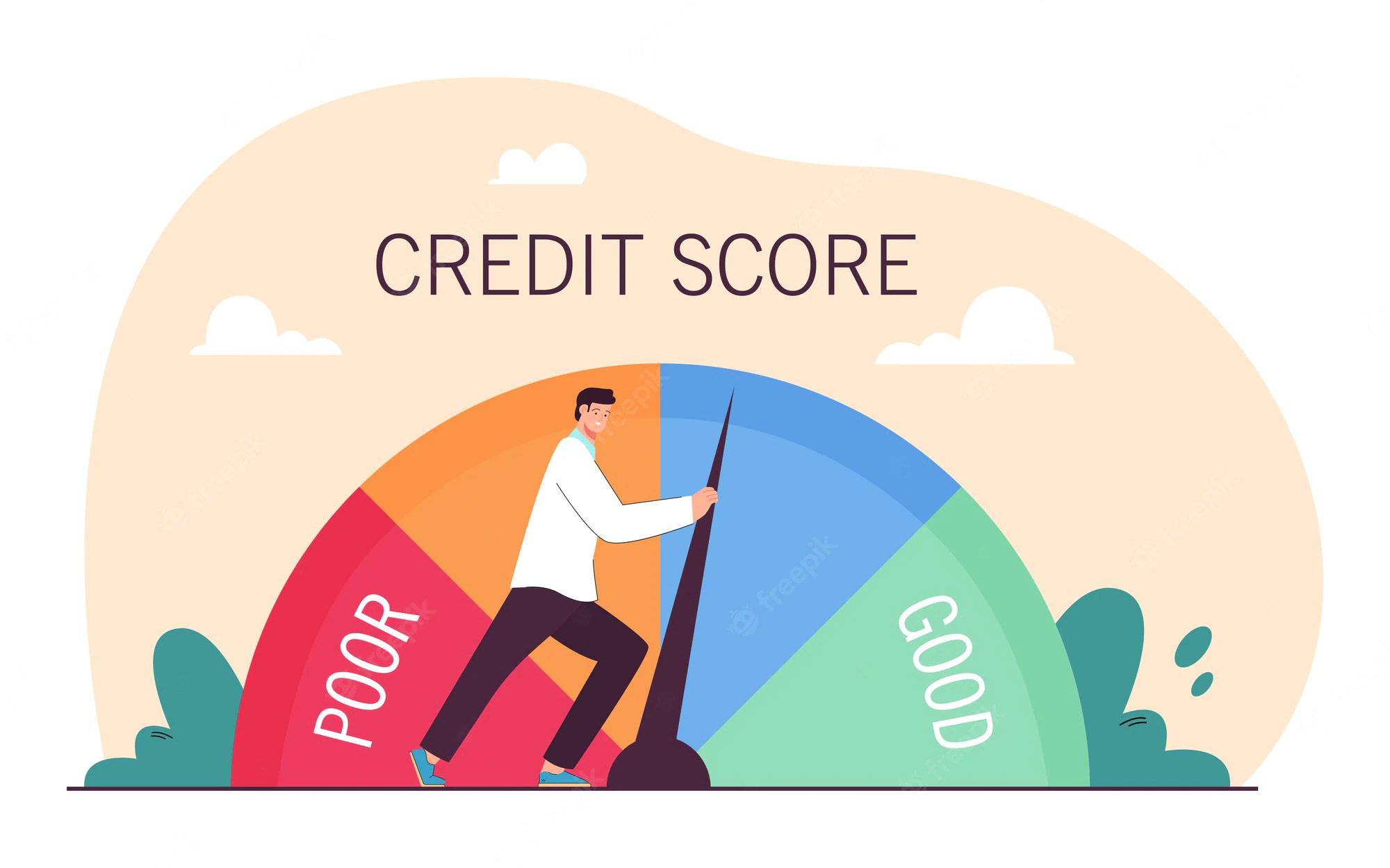Do You Need to Pay a Down Payment for a Business Loan?
The down payment minimizes the overall borrowed amount and the borrower can also save on the interest payments during the tenure of the loan. A bigger down payment can dramatically reduce the loan burden, but it could result in depletion of emergency reserves and lower liquidity.
Written by Web Desk Team | Published :August 31, 2022 , 9:55 am IST

A business needs money to sustain. Funds are crucial for not just setting up but also for expanding a business. While business loans are not difficult to secure, several issues can lead to loan rejection.
Limited cash flows, a weak business plan, a poor credit report, and inability to submit mandatory documentation are some other grounds that can be a red flag for potential lenders.
Another reason for loan rejection is the lending criterion of traditional banks for the borrower to make a down payment before the loan is disbursed.
What is a Down Payment?
A down payment is a sum of money paid upfront by a buyer in the initial stage of purchasing a good or service. It is usually a percentage of the total cost. In terms of loans, the borrower has to make the down payment from his pocket. If the borrower doesn’t repay the loan it would lead to losing the entire down payment.
All businesses, especially the newer and the smaller ones, are viewed as risky ventures for lenders. Thus, loan providers count the down payment as a way of commitment by the borrower, meaning less chances of defaulting on the loan. It makes the borrower more reliable in the eyes of the lender.
Down payment—A Necessity?
Lenders usually specify a minimum amount for the down payment. Typically, it ranges from 5% to 25% of the total expense for which the loan is sanctioned.
The down payment minimizes the overall borrowed amount and the borrower can also save on the interest payments during the tenure of the loan. A bigger down payment can dramatically reduce the loan burden, but it could result in depletion of emergency reserves and lower liquidity.
It must be noted here that business loans can also be availed without any down payment. Borrowers with a good credit score and stable income stream can secure a business loan even without offering any down payment.
Generally, the criteria of the down payment depend on the lender and the type of loan chosen by the business owner.
For example, SME business loans provided by banks or NBFCs to small and medium enterprises do not require any down payment. Term loans, available for a short period of time stretching from one to five years, also do not require any form of a down payment from borrowers.
Conclusion
Business loans help to strengthen financial stability. Many lenders require borrowers to put down a certain amount of money as a down payment before securing a loan.
A down payment is not a mandatory requirement. But it helps lenders to reduce the risks involved and improves the borrower’s chances of getting a business loan approved. Smaller loan balance and lower EMI are other benefits of a large down payment.
When planning for business loans, borrowers must pay close attention to the lender’s down payment criteria. It is important to determine the total cost inclusive of down payment, application fees, closing costs, etc. to select the right business loan.





